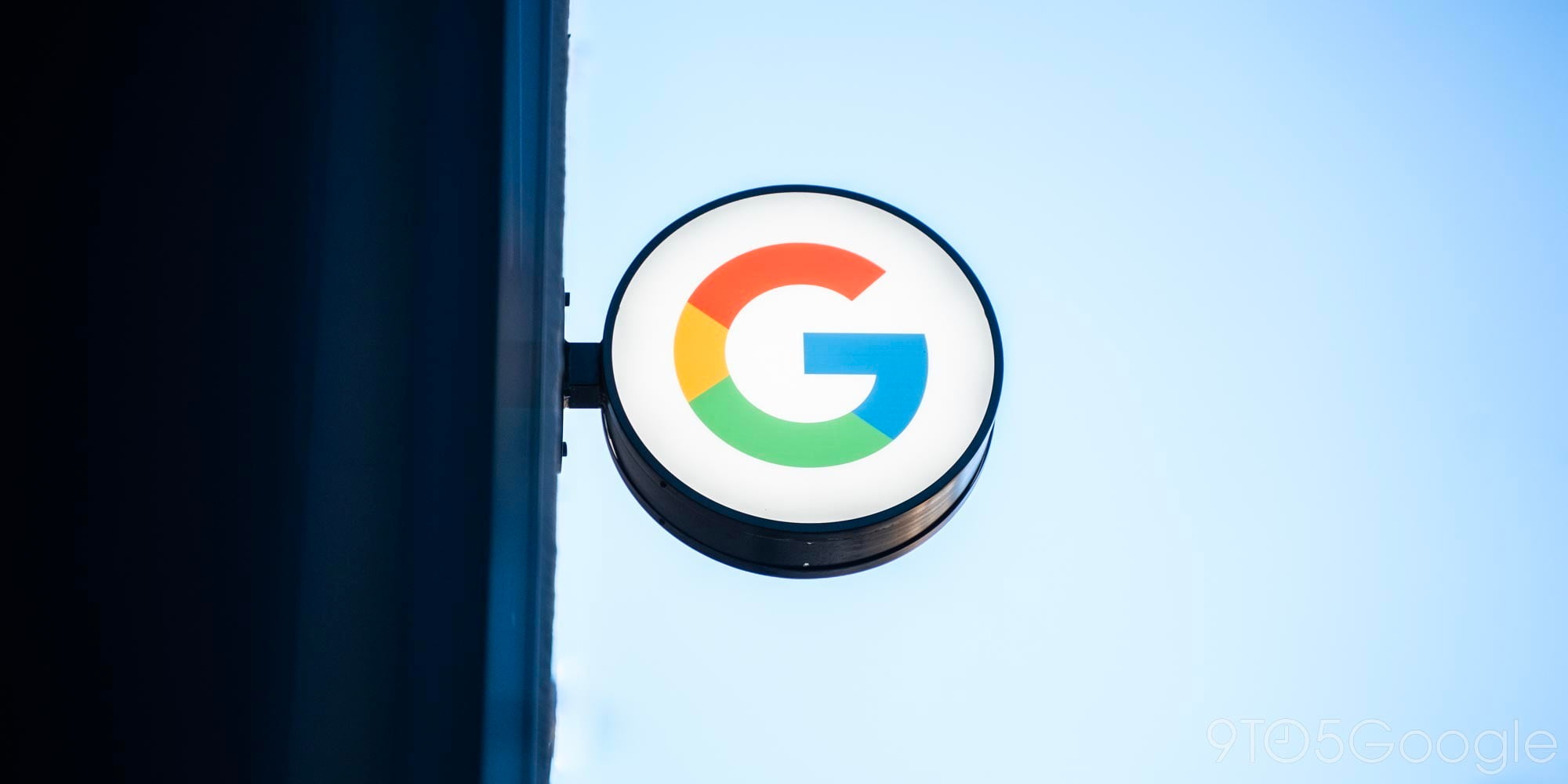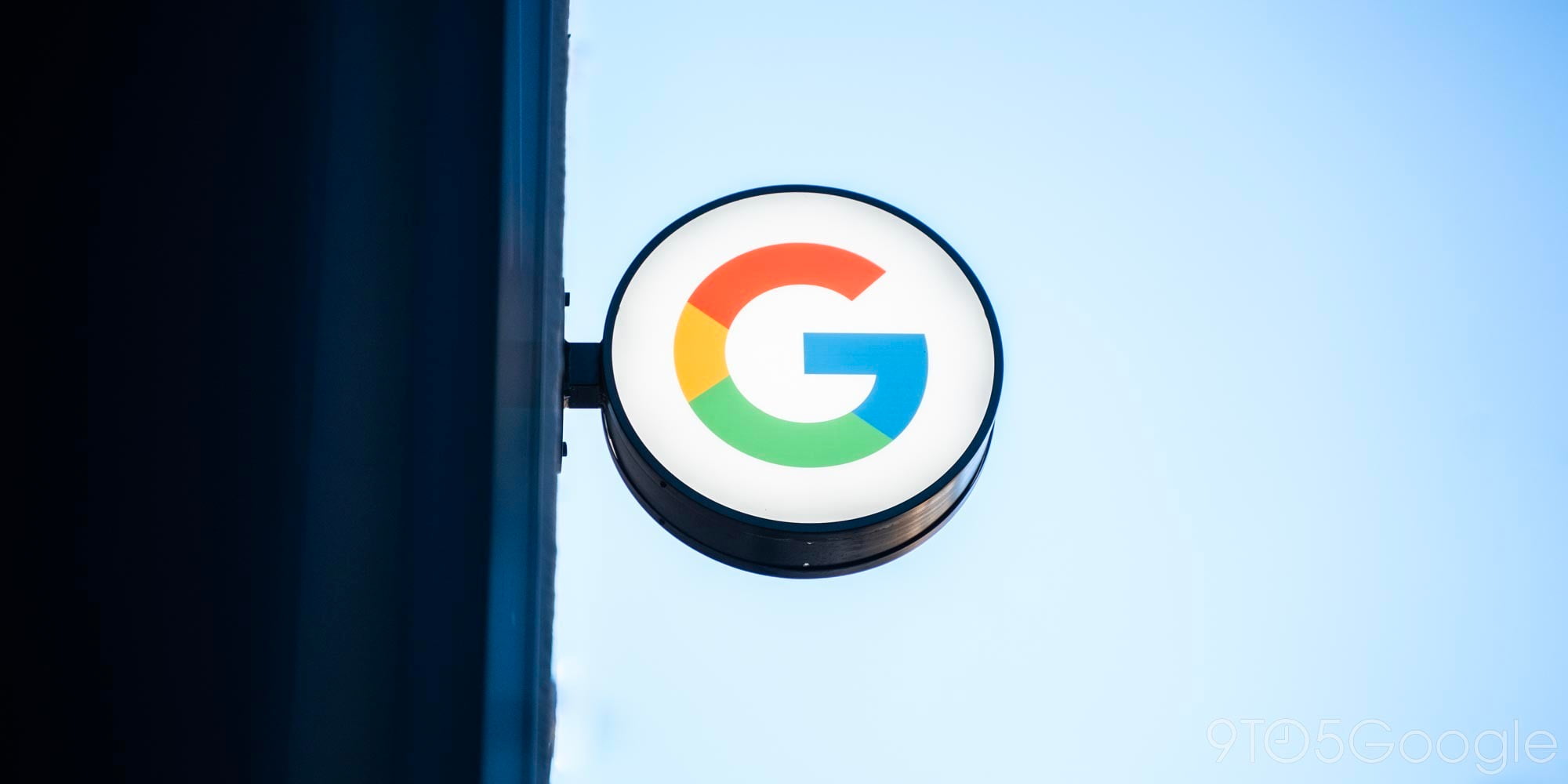
The Android Compatibility Definition Document (CDD) is how Google ensures that devices offer a consistent user experience. It’s updated annually with each major version of the OS, and the document for Android 11 has leaked, revealing that Google will not require OEMs to feature Device Controls and the Conversation section in notifications.
Deletescape on Twitter (via XDA) today is sharing a pre-release copy of the CDD. The document is essentially a list of features with Google specifying whether something “MUST” be implemented, or if it’s only “STRONGLY RECOMMENDED.”
Over the course of the developer preview and beta, Google makes changes based on feedback from partners. Back in February, phone makers were required to implement Device Controls. “Controls” are a tentpole of Android 11 with a long press of the power button on Pixel devices showing all your smart home devices. They can be toggled on/off, immediately open a live camera view, and be adjusted in the case of lighting fixtures.
As of a May 20 revision, the CDD no longer lists Device Controls as a “MUST,” but does clearly specify what’s required if implemented. Notably:
- [C-1-2] MUST provide a user affordance with the ability to add, edit, select and operate the user’s favorites from the controls registered by the 3rd-party apps…
- [C-1-3] MUST provide access to this user affordance within three interactions from the Launcher
- [C-1-4] MUST accurately render in this user affordance the name and icon of each 3rd-party app that provides controls… as well as any specified icon, status text , device type, name, structure, zone, custom color, and subtitle…
Meanwhile, Google is letting OEMs decide whether to implement the Conversations section in the Notifications shade. This partition reflects the focus on “People” in Android 11 by highlighting conversations above most other notifications.

Similarly, it’s only “STRONGLY RECOMMENDED” that devices implement the IdentityCredential API that allows for driver’s licenses to be stored digitally. Of course, the CDD could change ahead of the final release, typically in September.
FTC: We use income earning auto affiliate links. More.



Comments